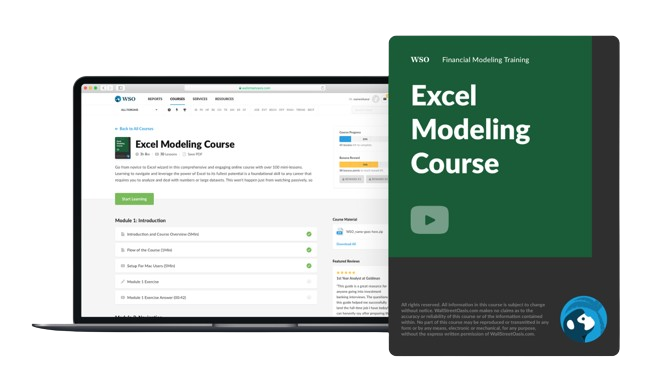Over-Trading
What is Over-Trading?
Over-trading is a term used in trading to refer to when a trader is trading more frequently and / or in larger amounts then they should, usually either in the pursuit of more profits or chasing losses. This causes bad decisions to be made (typically due to emotions, lack of analysis, poor hedging etc.) and for profits to be reduced or losses to be exacerbated.
Many traders recommend a stop level for a given amount of profit or loss in a trading session and after hitting that level, to stop trading for that period in order to avoid over-trading.
Free Resources
To continue learning and advancing your career, check out these additional helpful WSO resources:




or Want to Sign up with your social account?